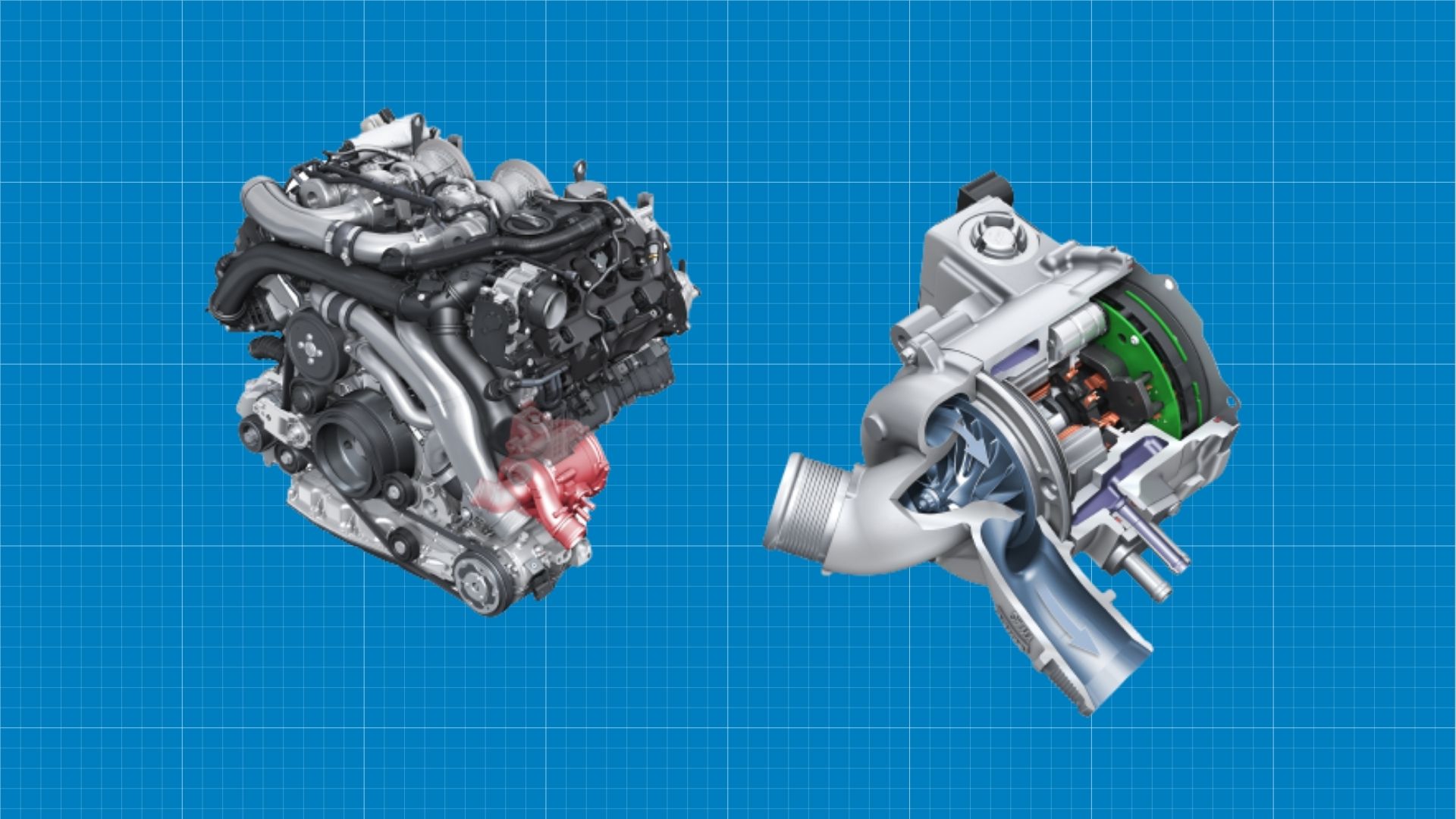Six-cylinder TDIs of up to 282 horsepower can now be used with renewable fuel.
“Decarbonization” – it’s a term you’ll hear a lot as automakers gradually phase out combustion engines in order to make way for a variety of EVs. Audi is jumping on the electric train by announcing that 2025 will mark the end of the Four Rings’ introduction of a new combustion engined car. The first EVs will be launched by the Ingolstadt-based firm.
The production of cars that run on fossil fuels will cease in 2033. Audi believes the ICE may be able to survive a few years more in China depending on demand. The German luxury brand is currently updating its diesel engines, which have been criticized for not being compatible with renewable fuels to make them run cleaner.
HVO is compatible with V6 TDIs that produce up to 282 horsepower (210kilowatts). HVO stands for hydrotreated vegetable oil. It is Audi’s intermediate method of reducing emissions before turning off the oil burner. Many six-cylinder engine configurations have been modified to run on sustainable fuel. These engines have been leaving factories in this cleaner setting since mid-February.

Audi claims that CO2 emissions have fallen by 70 to 95 percent compared to diesel. HVO has a 30 percent higher cetane rating which enhances the combustion process. This should be a big benefit in cold mornings. However, there are only 600 fuel stations across Europe that offer HVO. They are mostly located in Scandinavia, with a few at home in Germany.
HVO-compatible TDI engine are available for the A4 and A8 models as well as the Q7 . Audi engineers prioritized diesel-powered models. The Q5 will follow in the early part of next month. This summer, the A6 Allroad will receive the same treatment. The Volkswagen Touareg V6 TDI is also able to use sustainable fuel.
This latest decarbonization procedure follows a similar process that was used in June 2021 to the Q2 and A3 models with a turbodiesel four-cylinder engine. Some four-pot TDIs from the A4 to A7 models, as well as the Q5, were made compatible last summer with HVO in selected countries.
Audi and the entire Volkswagen Group will eventually introduce combustion engines that can accept renewable synthetic fuel.